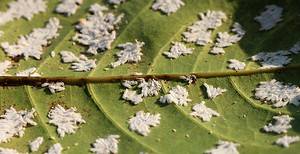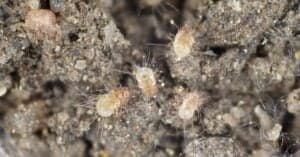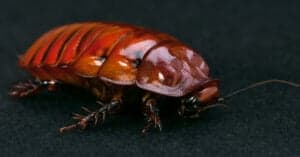We all know bees, butterflies, and birds as some of the most important pollinators in the world. The importance of these creatures has been highlighted by movements like “Save The Bees,” which has helped bring their significance to a wider public audience. However, have you ever wondered if wasps are capable of performing this job as well? Let’s explore whether or not wasps are important pollinators and discuss what their purpose is in nature.
Wasps: A Brief Overview
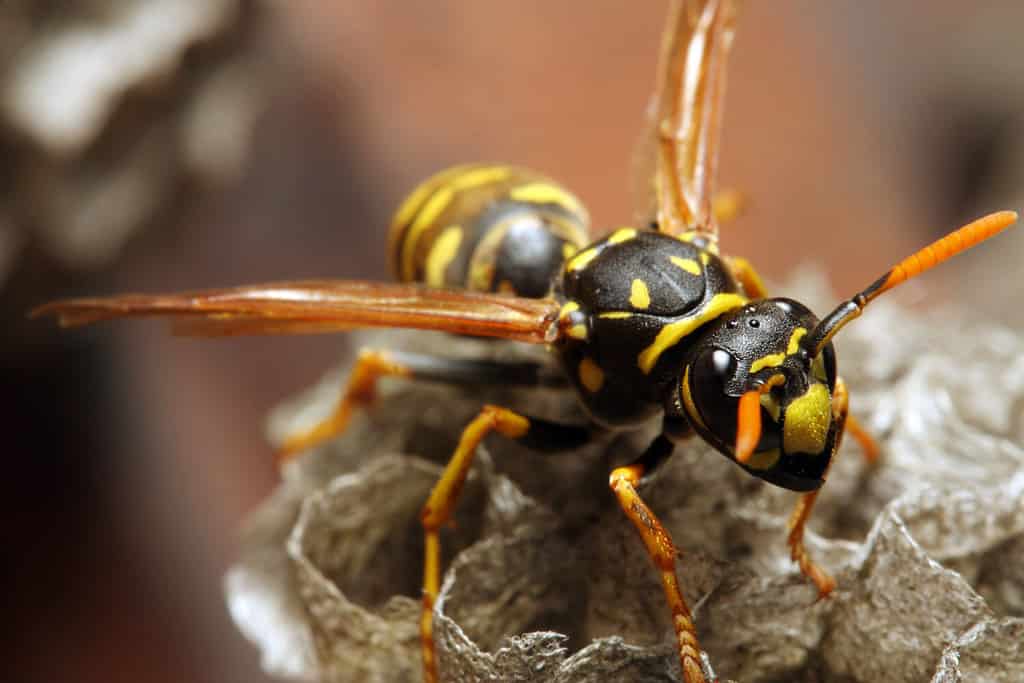
Most wasps have short lifespans that only last a few weeks, but queens usually live for about a year.
©Kletr/Shutterstock.com
In nature, hornets, bees, and wasps all belong to the same order, Hymenoptera. This is one of the largest insect orders of all, and it is comprised of over 100,000 species. You might be surprised to learn that not every wasp is aggressive or territorial. As their name suggests, solitary wasps do not belong to a community and therefore have a lessened protective instinct. These insects are more interested in hunting food for their young and won’t typically sting unless forced to do so.
Even social wasps who have the propensity to be protective prefer to avoid human interaction altogether. In fact, many wasps will only pursue or sting a human as a last-ditch effort to defend themselves or their colonies and nests. In the event a human is the victim of a wasp attack, these insects are capable of stinging several times. If you or someone you know receives a sting, there are several steps you can take to clean the wound. After removing the stinger itself and cleaning the site, individuals should periodically ice the location to relieve pain. Contact your doctor if you’re allergic, if the sting worsens, or if symptoms haven’t improved after 48 hours.
Are Wasps Pollinators?
Insects that belong to the order Hymenoptera are among the world’s most important pollinators, and countless different plant species would die off completely without their presence. Although wasps aren’t as famous as bees for doing this job, they are still prolific pollinators nonetheless and deserve some credit. The main distinction as to why wasps aren’t as efficient as bees at pollinating is due to their bodily structure. Bees, unlike wasps, are covered in countless tiny hairs which are called “scopa.” The scopa that bees possess cling to pollen from each flower they visit, making plant fertilization low effort and easy. While wasps do still have some hair on their bodies, it is not as effective at carrying pollen as that of bees.
Are Wasps Beneficial to Nature?
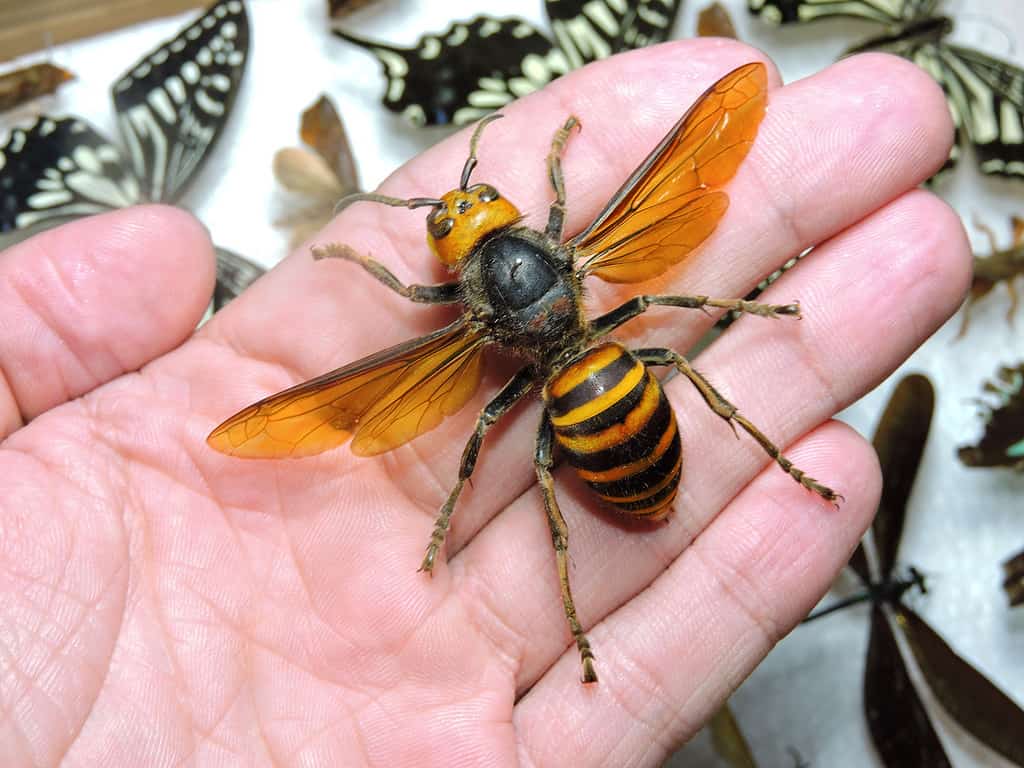
The Asian giant hornet is the largest wasp in the world.
©iStock.com/Bruno Uehara
While many people hear the word “wasp” and think of a vengeful, flying insect with a stringer, the truth is that wasps are so much more. Beyond pollinating, one of the main duties that these insects serve is as a form of natural pest control. While many people know bees for feeding on honey and pollen and butterflies for eating nectar, wasps hunt and kill other insects. Adult wasps also feed on flower nectar and fruit, but they feed their young a variety of insects such as flies, spiders, and caterpillars. According to Defenders of Wildlife, “The economic value of their pollination services to agriculture alone is valued at greater than $250 billion per year worldwide. But wasps are also top predators of crop-damaging insects like aphids, and their value as crop protectors is worth at least $416 billion annually worldwide.”
This behavior helps keep certain insect populations under control and provides their larvae with a food source rich in protein. Wasps are also an important part of the food chain in the wild. Animals like bears, badgers, raccoons, and even other insects all include wasps as a typical part of their diet.
What Would Happen if Wasps Went Extinct?
As we stated above, wasps play an important role in the natural world. These insects keep the species that they predate under control. In turn, this benefits farmers as their crops are inadvertently protected from certain pests. This mutualistic relationship helps keep the agriculture industry running smoothly. If crop-damaging insects were left to run rampant, mankind would likely see a significant disruption in their access to fresh food. This may in turn encourage farmers to increase pesticide use, which is damaging for humans and animals alike.
Wasps’ ability to pollinate further compounds this situation. Without these insects present, countless plant species may also go extinct. Loss of these plants has the potential to cause a domino effect in which other animal species that rely on them may also vanish. Finally, if wasps disappeared, it would make life more difficult for a number of animals as a major food source would suddenly dry up. In essence, these insects help maintain the balance of nature. Although wasps often get a bad rap, they are an invaluable part of the ecosystem.
Final Thoughts
It’s likely that many people have received a wasp sting and thought the world would be better off without them. However, it’s clear to see that the disappearance of these creatures would have far-reaching consequences. Although wasps are important pollinators, they also fill a variety of other roles as well. Next time you find yourself bothered by one of these insects, take a moment to appreciate them instead. Without wasps, our world would be much less colorful.
The photo featured at the top of this post is © Alvesgaspar / CC BY-SA 3.0 – License / Original
Thank you for reading! Have some feedback for us? Contact the AZ Animals editorial team.



